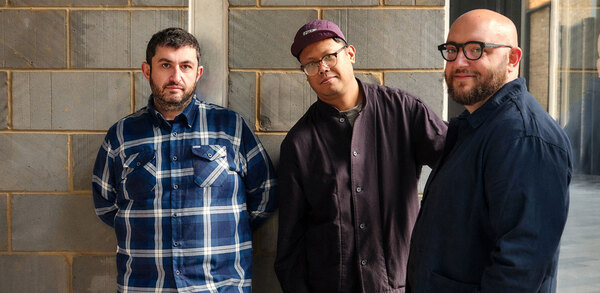BrewDog records mounting losses
Costs increased more rapidly than revenue for the pub and brewer last year.
BrewDog has reported a loss of £59.2m before tax for its 2023 financial year, nearly double 2022’s loss of £30.5m.
In the 12 months to 31 December 2023, the bar chain and brewer generated revenues of £354.6m, 10% up on the previous year’s £321.2m.
However, increasing costs and writing down the value of underperforming bars translated to an operating loss of £45.7m, a 90% increase from 2022’s £24m.
James Arrow, who took over as CEO of BrewDog after co-founder James Watt stepped down in May, said: “Our focus remains on delivering sustainable profitable growth, so that we can continue to invest in our beers, our bars and most importantly our people.
“We are pleased to report our trading losses reduced significantly in 2023, reflecting the significant changes we have made to address inefficiencies in the way we operate, and this will continue to be a priority as our business continues to evolve and return to sustainable, profitable growth in 2024.”
Watt himself posted on LinkedIn: “We came very close to returning to profitability, recording a £2.5m operating loss. Frustrating, yes but we’re right on the edge of a return to our strong track record of positive EBITDA trading.”
Watt’s post also pointed to the brand’s global bar sales increasing by 12.3% in 2023. He said the group welcomed 16.7m customers at its 129 sites.
BrewDog filed its 2023 accounts nearly four months late, as they were due to be reported no later than 30 June 2024.
The last time the maverick bar brand made a pre-tax profit was 2019, when it recorded £1.1m.
In July, BrewDog relinquished its carbon negative status as a result of the “astronomical” costs related to purchasing carbon credits. This followed the company giving up its B Corp certification in 2022, because the B Lab charity “had requested additional measures from BrewDog and the BrewDog board decided that these were not something we could do at this time”.
At the beginning of this year, the firm stopped paying all staff the Real Living Wage in a bid to cut costs.
Photo: Graeme J Baty/Shutterstock























